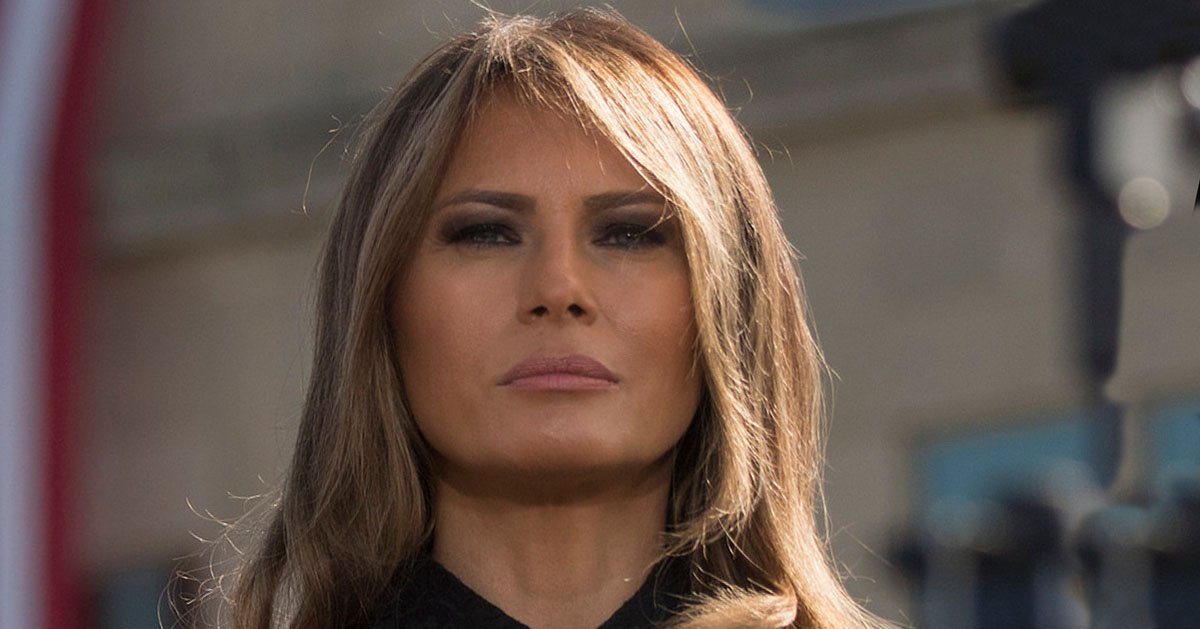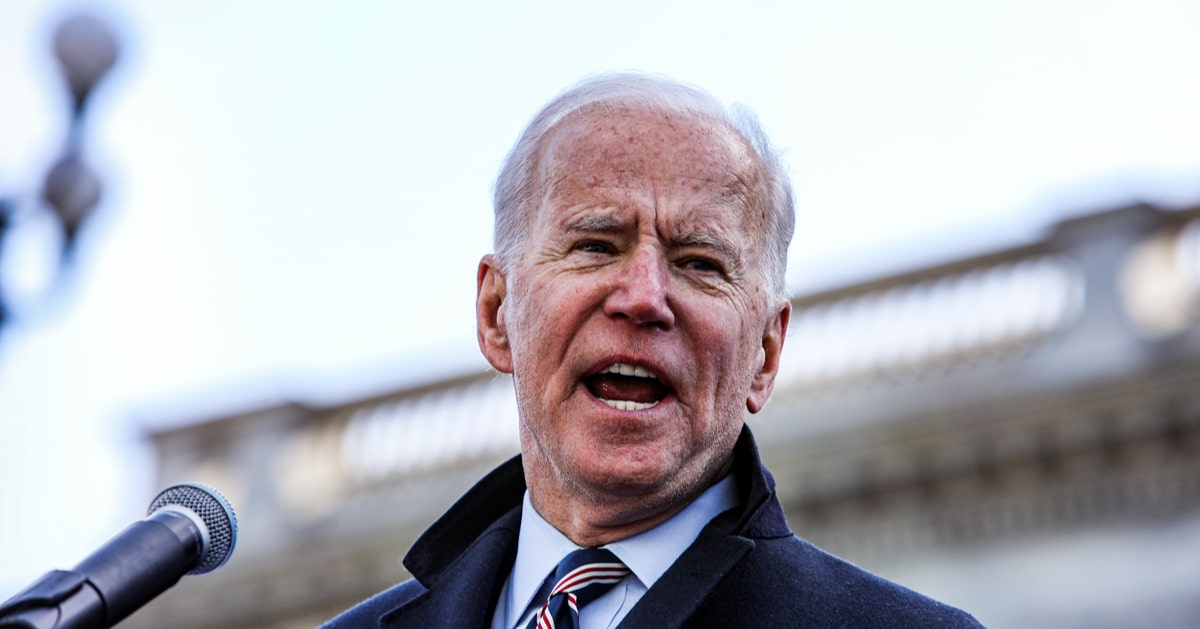





President Donald Trump's recent nominee for the role of Secretary of Defense, Pete Hegseth, is confronting notable obstacles in the confirmation process.
The Daily Mail reported that the opposition from key Republicans threatens Hegseth's prospects of obtaining the required 51 votes for confirmation.
Recently, Senator Lisa Murkowski, hailing from Alaska and a member of the Republican Party, openly stated her opposition to Hegseth’s confirmation.
Her declaration was notably made via a post on X, formerly known as Twitter, where she cited concerns about remarks Hegseth has made regarding women in the military. Murkowski's apprehension seems to strike at the core of Hegseth's past speeches and its potential implications.
Murkowski focused her concerns on the potential message Hegseth's confirmation could send to women both currently serving in the military and those aspiring to join.
“Although he has recently revised his statements on women in combat since being nominated,” she noted, “I remain concerned about the message that confirming Mr. Hegseth sends to women currently serving and those aspiring to join.”
Additionally, she underscored that women have emerged triumphant in roles that involve both combat and leadership responsibilities. “Women have served our nation with distinction,” she added, further emphasizing their significant contributions.
The senator’s announcement presents a substantial hurdle for Hegseth, given the fine margin of votes needed for confirmation. Losing Murkowski’s support makes acquiring the essential 51 votes even more challenging for Hegseth.
Acknowledging the critical role of the Department of Defense, Murkowski remarked, “Given the global security environment we're operating in, it is critical that we confirm a Secretary of Defense, however, I regret that I am unable to support Mr. Hegseth.”
Such a statement not only affects the nominee's standing but also indicates the broader political maneuverings within the GOP regarding this position. The balance of support and objection could be precarious and requires close examination.
Senator Murkowski is not isolated in her reservations. Another notable GOP figure, Senator Susan Collins of Maine, has also reportedly expressed skepticism about Hegseth's qualifications for the position. Such sentiments reflect a deeper, possibly more widespread concern within Republican ranks concerning Hegseth’s candidature.
Statements from key Republican senators hold significant weight in confirmation hearings, especially when the administration's nominee faces intensive scrutiny. The importance of unified support becomes essential, making dissent within party lines eventually impactful.
This scenario places the Trump administration in a challenging position as it attempts to galvanize support and ensure a successful confirmation.
Measures to address the concerns raised by GOP members are pivotal at this juncture. The administration might consider ways to allay these fears to secure the nomination’s pathway.
As the process unfolds, the balance of support and dissent will play out, with key figures' influence bearing heavily on the decision.
Hegseth's nomination process remains pending, with critical votes yet to be secured. The discourse within the Senate will continue to evolve until all perspectives are given due consideration, highlighting the broader implications of internal party dynamics on pivotal appointments.
Moving forward, the essential discourse will undoubtedly influence future nominations and underline the standards expected for critical defense roles within the administration.



